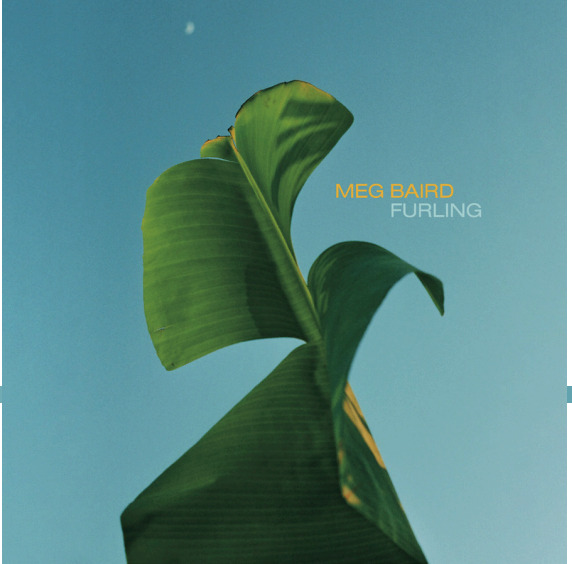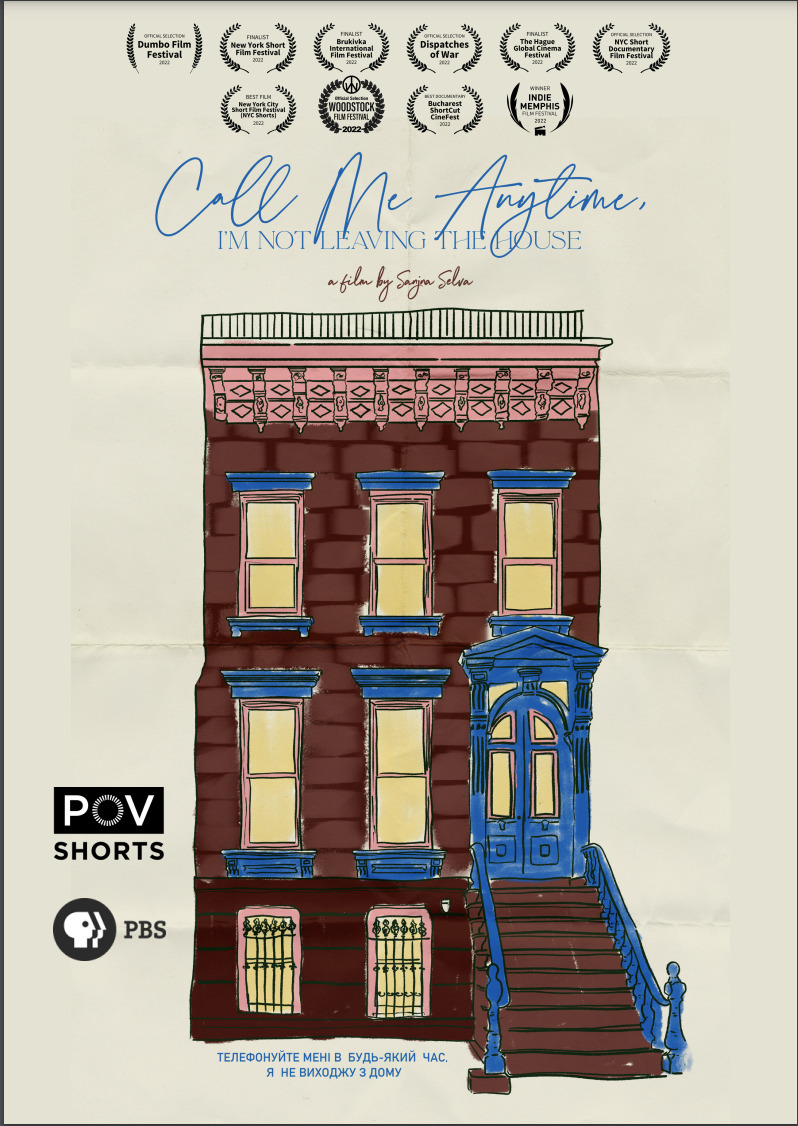Interior designer James Andrew wanted to tell his story. Andrew modeled outfits in The Fashion Group’s Blue Jacket show. In an interview, he talked about the charitable event and his high-profile accolades.
Britt Trachtenberg
Animator Aaron Augenblick discussed his love for cities. The city-based kids’ cartoon ‘City Island’ features talking objects and adorable characters. The protagonist, Watt, comes up with new ideas. In 2022, the show premiered on PBS Kids. Viewers learned about civics, economics, and geography.
Gordon Ramsay addressed a cheerful, hungry crowd. He encouraged attendees to ‘work their magic.’ As soft music played, free and delicious menu samples delighted attendees. With a smile, Ramsay thanked the line cooks and shook the restaurant manager’s hand. At the VIP launch party, New Yorkers learned about the new casual food spot.
Meg Baird referred to her new album as consolable. In ‘Furling’ (2023), she explored various memories, daydreams, and conversations. With a misty sound, Baird moved the reader through loose threads. Her beautiful voice remained unmistakable. Dubby Bristol ambiences and 1960s English folk music became clear album influences. ‘Furling’ (2023) became Baird’s fourth solo album.
Kenya Barris stepped in front of a red curtain. Behind him, lights reflected the words ‘You People.’ With another spotlight on him, he discussed the new feature’s production. For him, this process started with cast member Jonah Hill’s collaboration. New York City’s glamorous Paris Theater screened his movie.
In an exclusive interview, Barris discussed his new romance film ‘You People’ (2023). Within the feature, a new couple and their families figure out contemporary love. Obstacles include generational differences and societal expectations. Netflix distributed the movie. Barris wrote, directed, and produced the comedic film
Interestingly, Barris revealed that he did not plan on writing a feature. However, screenwriting offered him a different opportunity Barris could write stories through his authentic perspective. He expanded, saying that he “loved the culture.” The screenplay expressed a love for Los Angeles.
The feature served as a LA time capsule. Barris compared it to films set in Manhattan. He looks into the audience and expresses jealousy for metropolitan character portrayals. Through his own characters and plot, he hoped to expose LA’s beauty and parallels Barris explained, “I’m in the hood, but I’m twelve minutes from Hollywood.” The film becomes a product of collaboration.
Barris discussed his close relationship with Jonah Hill. He met Hill in the early 1990s. The pair’s early conversations pertained to the entertainment industry. Eventually, their dialogue shifted to projects. According to Barris, “he liked the way we were talking.” The pair wanted to create a feature together. Of course, they had to decide on the genre.
According to Barris, Hill wanted to create a comedy. Barris wondered about the emotional versatility of a comedy. Then, he listed “the best actors, today:” Tom Hanks, Tom Cruise, and Robert Downey Jr. He said that today’s top actors got their start from comedies. Barris agreed to a romantic-comedy feature.
He noted what the collaboration looked like. Both Barris and Hill brought each other drafts. Both brought aspects of their own cultural traditions. Hill made revisionary notes and added in jokes. In the interview, Barris said, “he’s brilliant when it comes to character stuff.” A pivotal production meeting used a similar structure.
The thirty-minute meeting turned into three hours. The pair discussed the dynamics of multicultural couples. Hill was once engaged to someone of a different cultural background. Within the interview, Barris noted that “the people around them were unwelcoming.” Soon after, the partners decided on a story involving a biracial couple and their family. He expands, “we wanted to do something like ‘love overcomes all.’ Such became ‘You People’s’ storyline.
Netflix wanted to add a cultural consultant to the team. Quickly, Barris rejected the idea. Both he and Hill grew up in the film’s respective cultures. Both experienced various cultural traditions. In the interview, Barris said, “there’s a difference between researching and witnessing it.” Both a rabbi and imam attended ‘You People’s’ production for religious accuracy.
Actress Dorothy Wang stands in a strapless, beige dress. Behind her, the backdrop reads ‘Netflix’ in red and ‘Bling Empire’ in yellow. Gold plants adorn the red carpet. In an exclusive interview, Wang shared details of her dating values and love life. The upcoming reality show ‘Bling Empire New York’ delves into her romantic escapades.
Director Alice Diop identified the analysis of complex Black women as political acts. Long medium shots allowed the audience to process difficult, authentic emotions.
Wide shots of a rustic reservoir appear on the screen. Peaches dangle from the trees. The film cuts to medium shots of children playing in a car. One girl pretends to drive fast down the road. Off screen, a mysterious crane engine startles them. The children alert their aunt of the sighting. This incident drives Alcarras’s rich plot surrounding place, identity, and family.
Best Actress Winner Michelle Yeoh and Best Supporting Actress Winner Janelle Monae celebrated their achievements. Best Original Screenplay Winner Martin McDonagh and Breakthrough Performance Winner Danielle Deadwyler danced their nights away.
Sanjna Selva called her debut documentary a product of translation. She wrote, directed, produced, and edited the short documentary “Call Me Anytime, I’m Not Leaving the House” (2023). Two days after Russia invaded Ukraine, two sisters connected via Facetime. One sister, Lesyba Verba, lived in Brooklyn as an artist and performer. The other sister, Odessa, lived in Ukraine. The film tackled subjects of family, love, national identity, and the impermanence of home. Recently, the New York State Film Festival featured the documentary. The film will premiere in PBS’s collection of POV Shorts.
Selva is an award-winning documentary filmmaker. Her career began as associate producer on the Sundance-supported feature, “Silent Beauty” (2022). Her films have screened at Woodstock Film Festival, DCTV’s Firehouse Cinema, and Indie Memphis Film Festival. Internationally, film festivals in France, Ukraine, and Romania have screened her work. She has received awards for best audience and short documentary. Read the interview transcript below regarding “Call Me Anytime, I’m Not Leaving the House.”
The Knockturnal: First, tell me a bit about your short film.
Sanjna Selva: Yeah, so, “Call Me Anytime, I’m Not Leaving the House” is a short film with a long title. It’s largely about the war in Ukraine told from the first days of the war breaking out. It’s entirely told through the frame of a single
The Knockturnal: Wow, that’s really interesting. My next question is: have you ever done any video projects before? If so, what are they?
Sanjna Selva: Yeah, I’ve worked in documentary for the past four years. This is my debut film. It’s my first film that I’ve ever directed, produced, shot, and edited that I released to the world. I worked mainly as a producer on other people’s films, mostly feature documentaries. They span multiple subjects. The first film that I worked on was also released this year. It’s kind of nice to have both films that I’ve worked on released the same year. It’s come full circle. But, the first documentary is really shot in the South. It’s about our directors’ experience going through childhood sexual abuse. It unnerves the culture of silencing in the South amiss caste-like churches. There’s been a number of projects that I’ve worked on, but this film is necessary.
The Knockturnal: Okay. I think that your short film was in the New York State Film Festival.
Sanjna Selva: It was, yes.
The Knockturnal: Okay, so what was the process like?

The Knockturnal: Okay. What challenges arose in the documentary-making process? How did you overcome them?
Sanjna Selva: That’s a good question. The biggest challenge is that this film is entirely in Russian and Ukrainian— two languages that I don’t speak at all. So, I shot the film entirely with the two characters speaking in Russian and Ukrainian to each other, not knowing what was going on. The film was discovered and realized through language translation. It was hard and scary to go in not knowing what you were doing. [It’s hard to] trust that their story would be powerful and genuinely conceived despite language, that people would be able to connect with it. Ultimately, that’s what the film is about. It’s about the first phase of the war in Ukraine. It’s also about two sisters who’ve been separated and that’s even more of a personal story. It was challenging to only work with material in a different language, especially because I was the editor. I relied so much on my two translators. My primary translator, who translated all of the Russian, is one of my best friends. She did the project for me because she was witnessing what was happening in the Ukraine. As a Russian person in the U.S. wanting to help, she was able to find solace and help in her own little way. It takes triple the amount of time to work on translated material.
The Knockturnal: Okay. What has become your favorite part of the documentary process?
Sanjna Selva: I think it’s the part that happens with all of my films. I become close to the protagonists and the characters. I think that’s my approach to filmmaking. I never go in without building trust in the characters. I never go without informing everyone of the process. It’s important that they have a say and feel listened to. I’m able to form a connection and share a journey with these people. I can pursue their growth too. Our time together hasn’t ended just because I finished shooting the film. That’s kind of a relationship that I’ve gained from. [Talking about “Call Me Anytime.”] It’s been nice to see them go through some recent joys in their life. This is post the traumatic phone call we initially filmed almost a year ago. The film was shot back in February.
The Knockturnal: What do you hope viewers will get from watching the documentary?
Sanjna Selva: I hope viewers will enter the conversation. I’ve never been separated from my family due to conflict. I do live apart from my family. [The film] made me miss home a lot. It made me think about what I would do if my home-country was war-stricken. I would pick up the phone and call my loved ones immediately. I hope that people are able to see themselves in the conversation between these two loving sisters. I hope that people are able to think about other topics. I tried to tell anyone that the film is about Ukraine. At the start of the war, Ukraine got a lot of media attention. That’s primarily because it is a war in a western country. There are other stories though. Stories of loved ones separated by conflict exist outside of the western world that don’t receive the same media attention. I hope that people can think about and know it’s a universal story of conflict in the west.
The Knockturnal: Okay. Thank you. What advice would you give to someone just starting out in video production, directing, or making their first documentary?
Sanjna Selva: I feel like I’m so fresh in the process. I would say ‘go out if you have an idea.’ This idea came to me and I could kind of see the film so clearly. If that happens to you and you want to make something, go out and just do it. Do not listen to anyone who has anything else to say. Just push through it and hold your ideas strong in yourself. I could’ve never thought that my film would’ve ended up on national TV just through a single, simple idea. Also, surround yourself with good community and friendships. I worked on this film with some of my closest friends. I experienced such joy supporting, making art, and working with my friends. I couldn’t imagine I would have finished [the film] without people. You are never an island. No film is made with an island. Community is really, really important. So, if you see someone whose work you really admire, reach out to them. See if you can collaborate with people. It’s always super important in doing whatever you want to work on.
The Knockturnal: Okay. Thank you so much for joining me today. It was a pleasure talking to you.
Sanjna Selva: Yeah, thank you so much!









